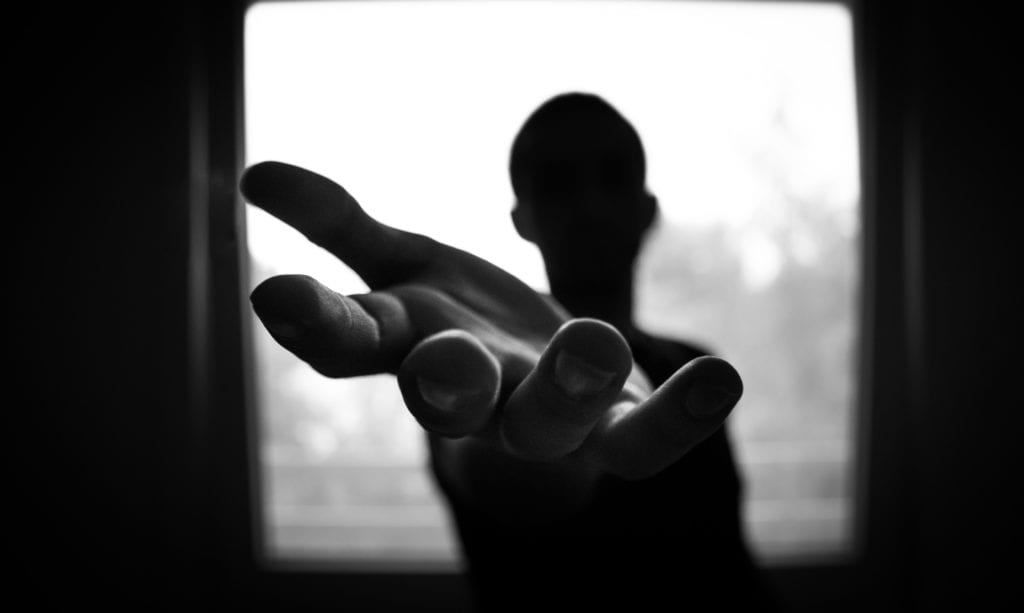Anxiety and Addiction
Many people with anxiety are also living with addiction. In fact, according to the Anxiety and Depression Association of America, about 20 percent of Americans with an anxiety or mood disorder have an alcohol or other substance use disorder. In addition, about 20 percent of those with an alcohol or substance use disorder also have an anxiety or mood disorder. Anxiety is the most common disorder in the United States and is a treatable disorder, however, only 36.9% of those suffering receive treatment. The numbers are even smaller for those suffering from both addiction and anxiety.
Anxiety can present itself in many forms, including:
- Generalized Anxiety Disorder (GAD)
- Panic Disorder
- Specific Phobias
- Obsessive Compulsive Disorder (OCD)
- Post-Traumatic Stress Disorder (PTSD)
- Major Depressive Disorder
Anxiety Medication
When people are searching for something to help them with their disorder, they will likely be prescribed medication. This will come along with regular therapy sessions to help work through any past trauma, work through triggers and to keep an eye on the use of their medications.
Anxiety medication can be a very helpful tool for people suffering from it, as it can help alleviate symptoms. It may take some time to work with your doctor and try different medications to see which one suits you best. It can help people live normal, healthy lives when taken as prescribed under the supervision of a doctor.
Some common anxiety medications include:
- Xanax
- Klonopin
- Valium
- Ativan
- Serax
- Prozac
- Zoloft
- Paxil
- Lexapro
- …and many more
Unfortunately, a common side-effect for anxiety medication is that it is addictive. You can always run the risk of becoming addicted, so it is important to work closely with your doctor and be honest if you are suspecting that you might be becoming addicted. Some things to look out for are taking more than prescribed, having more than one prescription, purchasing from the black market, taking them at inappropriate times and needing to take them in order to “feel normal.”
Self-Medication
Drugs and alcohol can be used a means to “numb” any negative emotions, feelings or thoughts that come along with anxiety. Substances can also be used as a “boost” to help in social situations, to give people more confidence and be more engaging with others. This can be seen as helpful for people who are suffering from anxiety, because it prevents them from putting themselves in certain social situations. People may also take more of their medication than prescribed, since they have started building up a tolerance and need more in order to feel the effects.
All of these are a form of self-medicating, and they do more harm than good. While it seems to be effective in the moment, self-medicating makes one’s anxiety and addiction even worse in the long run. A side effect of substance abuse is anxiety, so it is just adding fuel to the fire.
Co-Occuring Disorder
In the question of which came first between anxiety and addiction, there is no answer. They are both disorders which have been with you, and they have presented themselves at different times because one will exacerbate the other. Suffering from both anxiety and addiction (or any other mental illness) is called a co-occuring disorder.
If you are suffering from a co-occuring disorder, it is important that you recieve treatment for both disorders. Getting help for one will only worsen the other, and begin the cycle again.
What To Do If You Need Help
Asking for help is difficult, especially for someone suffering from anxiety. Your anxiety is preventing you from reaching out and getting the help that you so desperately need. If you are not sure how to overcome this, here are a few tips:
- Write it out. For some people, it can be easier to write their feelings down rather than having a face-to-face conversation. You can send a text, email or even a letter to someone you trust to ask for help, while also avoiding a potentially triggering in-person situation.
- Talk to a stranger who understands. Often times, talking to someone who doesn’t know us at all is more comforting in stressful situations. You can look up Facebook groups of recovering addicts, or even attend AA meetings in your area to get advice.
- Call us. Our admissions specialists are on-hand 24/7 to have a confidential conversation with you about any questions or concerns you may have, and to also explain the entire process to you.
About Pinelands Recovery Center
Living a life free from the constant spiral of anxiety and addiction is possible. Asking for help is difficult for anyone, but it can be even harder for people suffering from anxiety. Both anxiety and addiction are treatable disorders. We are here to help you.
Pinelands Recovery Center of Medford is widely known as one of New Jersey’s finest, most respected addiction treatment facilities. With comfortable 30-bed accommodations and a 24-hour professional staff, we can offer clients a serene, relaxing environment amid the lush piney woods. This stress-free setting with its sense of warmth and welcoming enables you to feel comfortable and confident about your clean and sober life ahead.
We will establish clear goals, both general in nature and specific to your needs. We continue to monitor those goals, to make sure that our clients are progressing and buying into their recovery plan. We thrive on assisting clients in feeling connected to the recovery community, share and demonstrate effective coping techniques, help clients to modify attitudes and patterns of behavior and everything else you will need to be happy and productive living a sober, healthy life.
We ensure that clients complete their planned concrete tasks, encourage hope, optimism and
healthy living. Our recovery program is not a revolving door treatment program; it is a recovery model designed to help clients go on to lead productive, happy lives.
For more information, visit pinelandsrecovery.com
